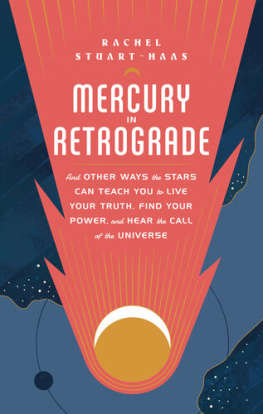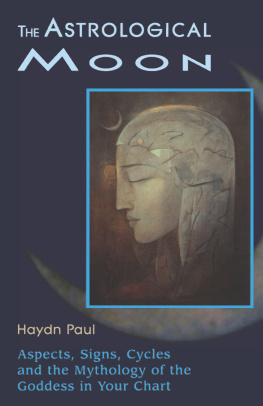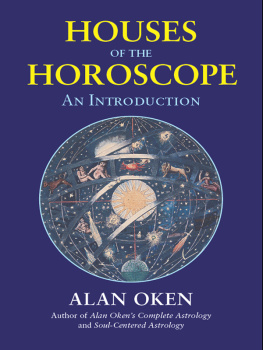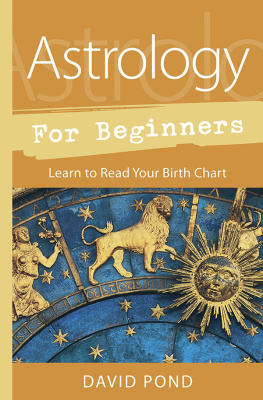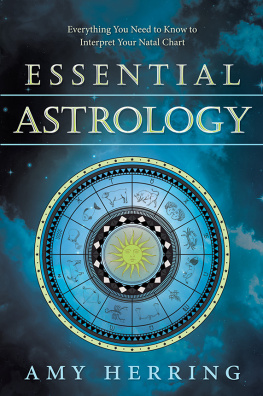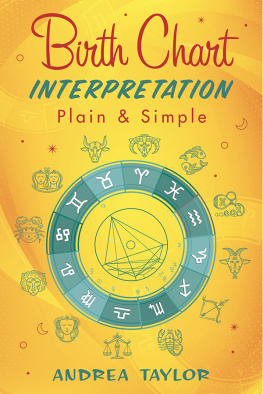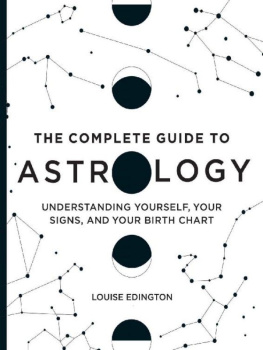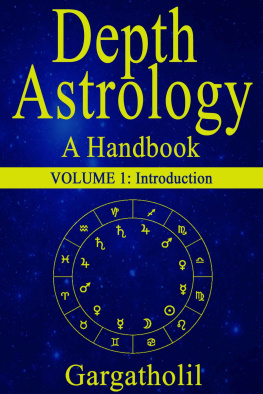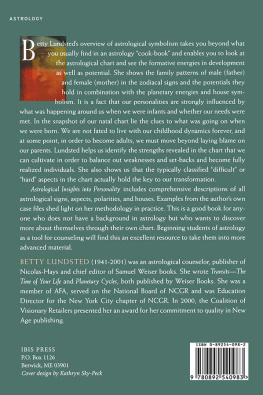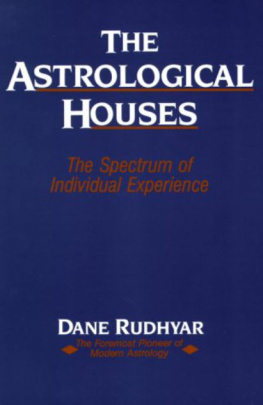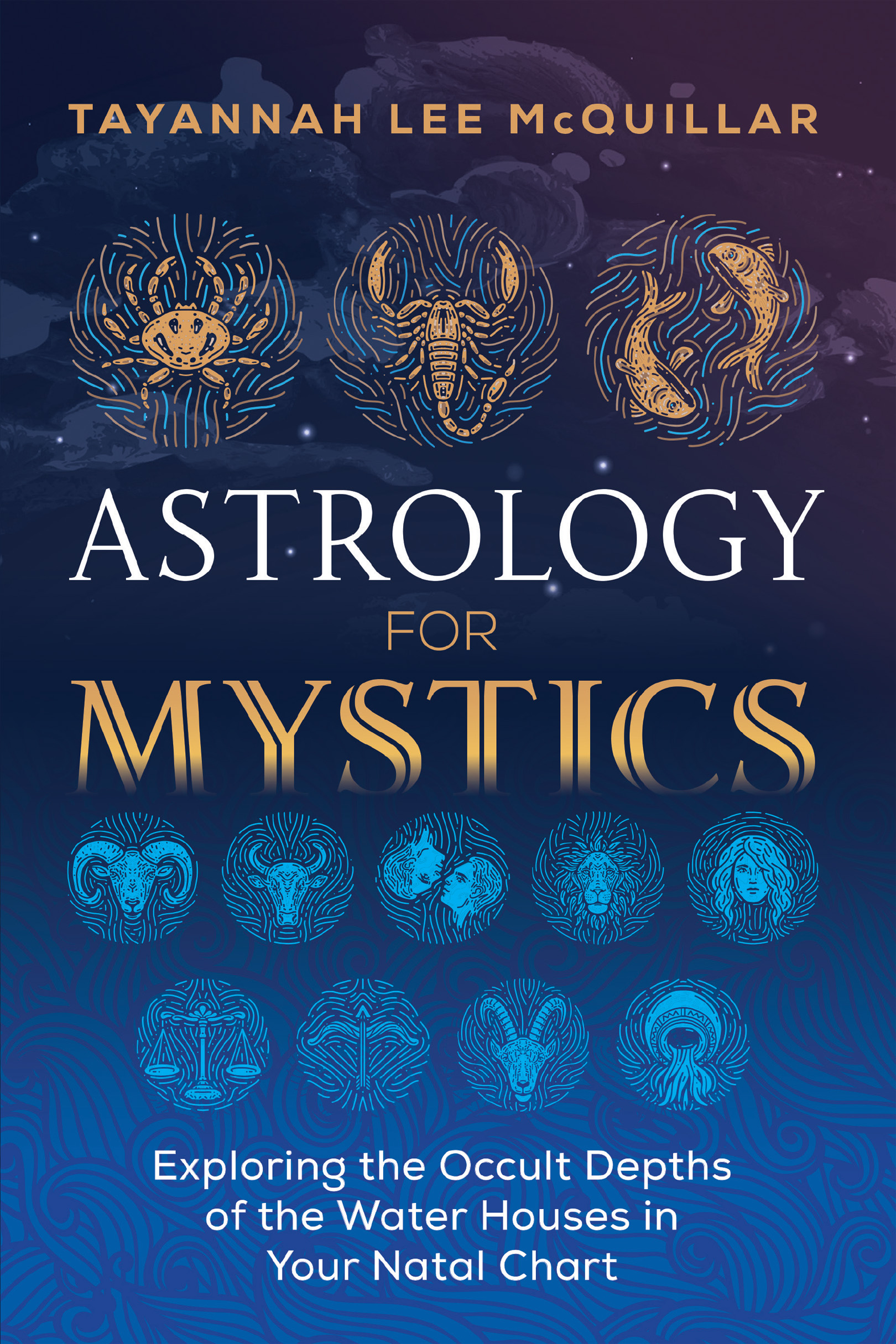
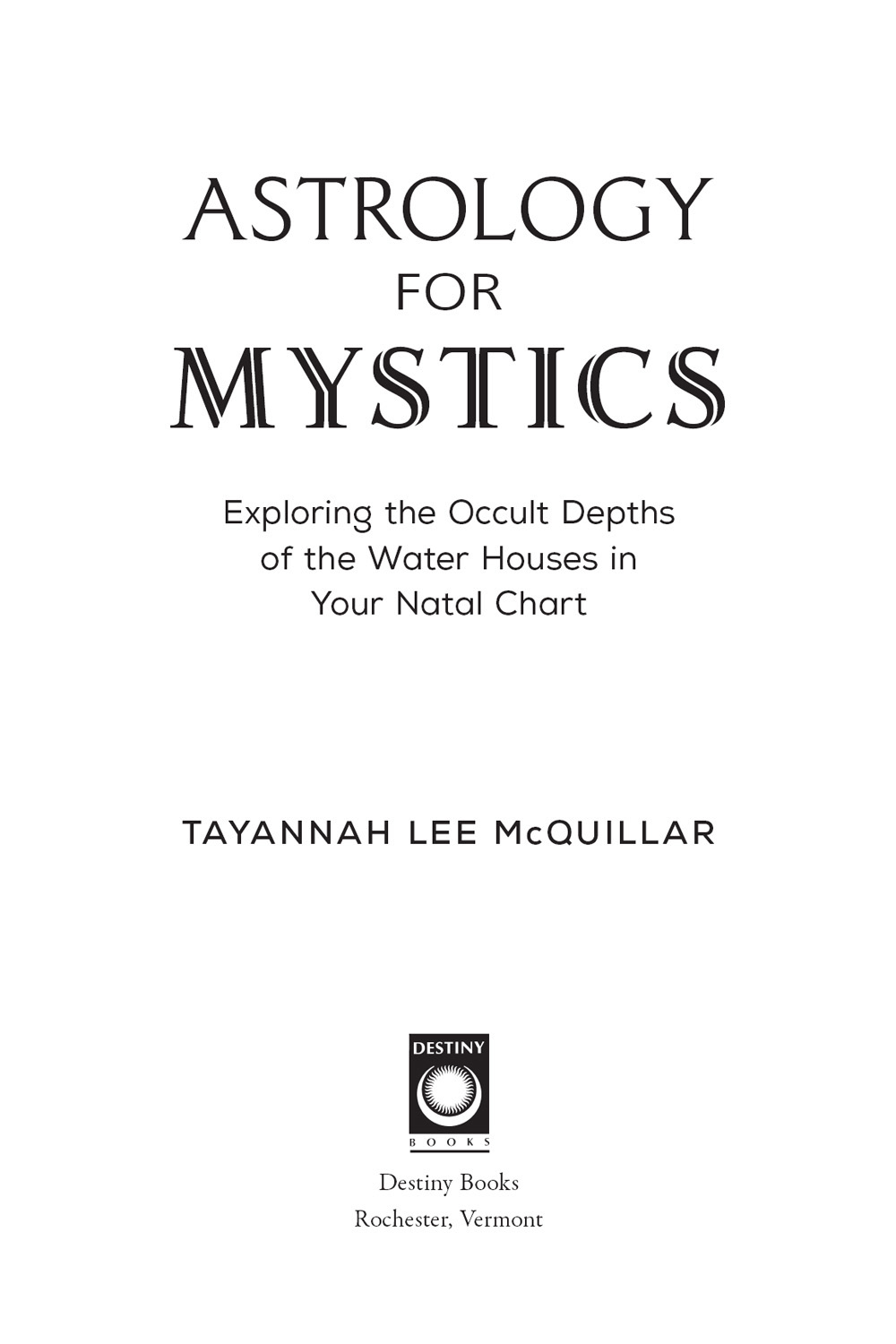
ASTROLOGY FOR MYSTICS

I found Astrology for Mystics refreshing with its holistic approach to the water element. Tayannah Lee McQuillar is clearly a solid astrologer who adds her own perceptive insights to this book, including the significant fundamental equivalence of water signs, houses, and mysticism. As a person with long-term and personal interest in the subject, I can say that it substantially added to my astrological knowledge and personal understanding of the fourth, eighth, and twelfth houses.
FREDERICK HAMILTON BAKER, AUTHOR OF ALCHEMICAL TANTRIC ASTROLOGY
An intriguing and unusual book about the most mysterious of the elements. Mystics may not need to be astrologers, but astrologers do need to be mystics, so both have something to learn here.
ALISON CHESTER-LAMBERT, MA, AUTHOR OF GREEK MYTHOLOGY READING CARDS AND ASTROLOGY READING CARDS
The fourth, eighth, and twelfth houses are the most mysterious and difficult to understand, and much of that is due to their connections to mysticism and the deep work of the soul. Astrology for Mystics openly and honestly explores these shadowy areas in the birth chart, casting light into the places just beyond those dark doors and making them more accessible to seekers who may have been too intimidated to enter. Tayannah Lee McQuillar gently leads the reader into the element of water flowing through our unconscious minds and hearts and invites us to explore its depths.
RAVEN KALDERA, AUTHOR OFPAGAN ASTROLOGY
INTRODUCTION
What Is a Mystic?
ACCORDING TO THE DICTIONARY, mystic is defined as involving or having the nature of an individuals direct subjective communion with God or ultimate reality. The dictionary definition is not universal but is just one of several possible meanings of what a mystic is, as in other cultures the concept of objective or subjective experience may or may not even exist. What we do know for certain is that there have been people in every society who removed themselves (mentally and/or physically) from the popular religious or philosophical paradigm in order to connect with the divine on their own terms. That being the case, mystics have always inspired awe, fear, respect, or loathing among people who function comfortably within exoteric or mainstream boundaries. However, it is important for me to mention that just because people are mystics doesnt mean that they are automatically antagonistic toward conventional teachings. Mystics may discover, after years of contemplation that they are more in alignment with the spiritual beliefs they grew up with than they thought. The mystic is not interested in rebellion for its own sake or in proving or disproving anything to anyone else. All mystics desire is the freedom to seek, define, and interpret reality according to their own conscience without interference.
Mystics and Esoteric Astrology
Mystics are the foundation of all religious and spiritual systems in the world. Someone, somewhere, at some time had to be the first to wonder if what she was being told about the divine was true and to seek a direct mystical experience in order to confirm or deny it for herself. Then, from that experience, that person formed ideas regarding the truth or nature of existence. Those ideas formed a narrative, then a counternarrative by default, and, finally, rites and rituals that utilize symbolism from the mystics narrative to celebrate and recreate the sacred for everyone else. Most people perceive the mystic as a peripheral character in discussions pertaining to religion when the truth is that the mystic is always at the center.
It is in the nature of a mystic to explore that which is unapparent, so it should be no surprise that mystics have contemplated the esoteric meaning of the zodiac. Unlike today, astrology was considered a practical subject for people to study before medicine, agriculture, fashion, etc., were divorced from the stars in the consciousness of the average person. Post the Age of Enlightenment, if a person studied astrology, the mere interest in the subject itself made that person mystical to many. So if a mystic lived prior to the eighteenth century, then the occult would not be astrology itself but the hidden significance of the signs, planets, houses, and so forth beyond that which had been consistently written and agreed upon by consensus for centuries. The insights of mystics regarding the true nature of the zodiac, astrologys ultimate purpose, or how the data from ones birth chart should be perceived or utilized by individuals may or may not be agreed upon by traditional astrologers. In fact, they may find interpretations outside of the accepted canon or any attempts to mystify what they consider to be simply mathematics absolutely ridiculous, and thats fine. Astrology for Mystics is the book you chose because you wanted to consider or contemplate something new; therefore, how other people, including the experts, feel about whatever you get out of this experience is irrelevant.
At the core of mysticism is the ability to interpret symbolsto observe ones external and internal landscape with honest eyes. We, as personalities, as our experiences, are merely a conglomeration of symbol via the narrative of our lives. Therefore, it makes no difference whether one is contemplating a teacup or a constellationyour interpretation of its ultimate purpose, of its usefulness, of its beauty, or of its flaws will be informed by a collage of images that is your memory. These images, when distilled for the essential truths they reveal, may then be trusted to accurately guide the consciousness to clarify what one sees in the sky.
That, coupled with the observation of repetitive astronomical patterns and the effects certain constellations have on crops, animals, and other aspects of nature, then births a new biography of the galaxy. Of course, this would only be possible if the viewer had released the fear of being wrong; otherwise, the imagination would be restricted to revolving around that which has already been established or promoted as fact by the aristocracy or another privileged class, who are regarded as the judges of what is true and what is false, what is sane and what is insane. It is useful to align the norms of the ruling class to everything above the head or below the feet of their subjects in order to sacralize societal systems, thus, significantly reducing the possibility of rebellion, as to rebel against custom would then become an offense to the cosmos, the stars, and everything connected to or associated with them, including flora and fauna or maybe even ones ancestors. Humans have always linked their ways to the ways of the gods, however that concept is realized or understood.
In my own practice, I consider the imagery and explanations inherited from the ancients, but I also consider what each sign or planet signifies according to my own life experience. For example, I try to observe and note patterns of what happens to me on days when the moon is in a particular sign. After about two years I may notice that my skin tends to break out more often when the moon is in Leo. I may also recognize that my grandfather tends to call, my hair gets dry, or other things regularly occur during specific lunar positions.
Next page

